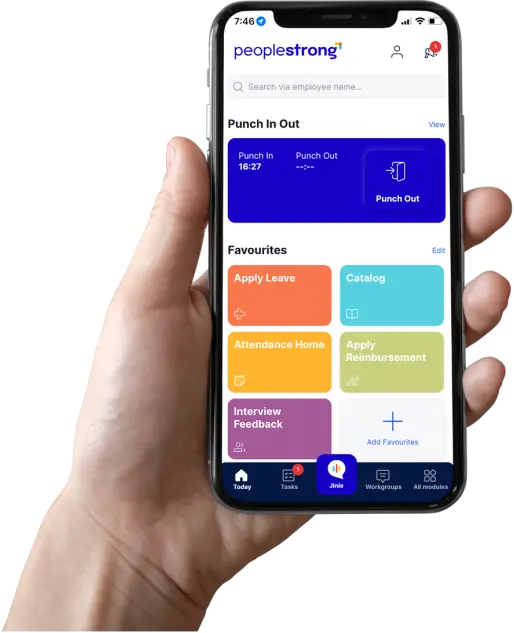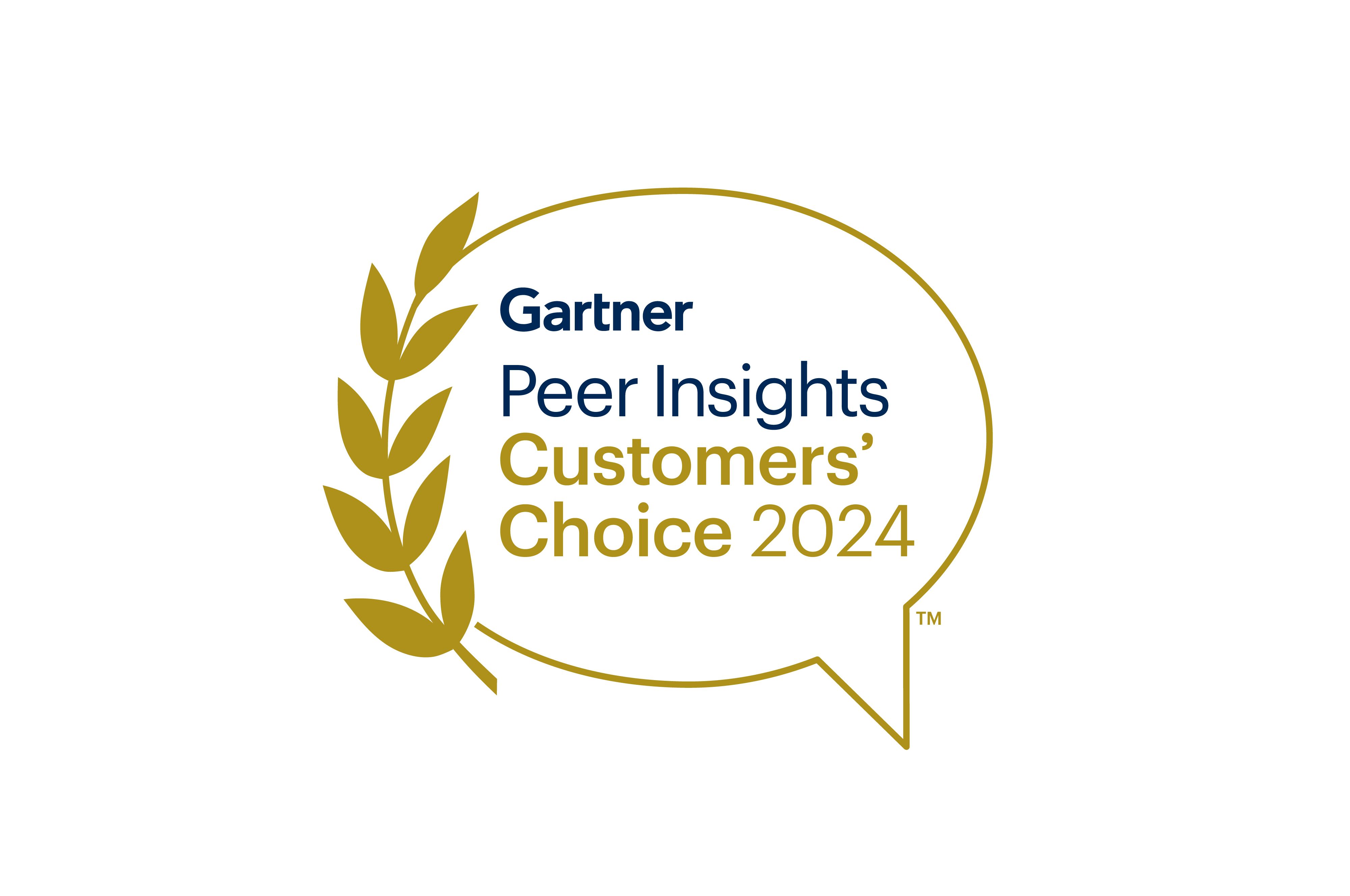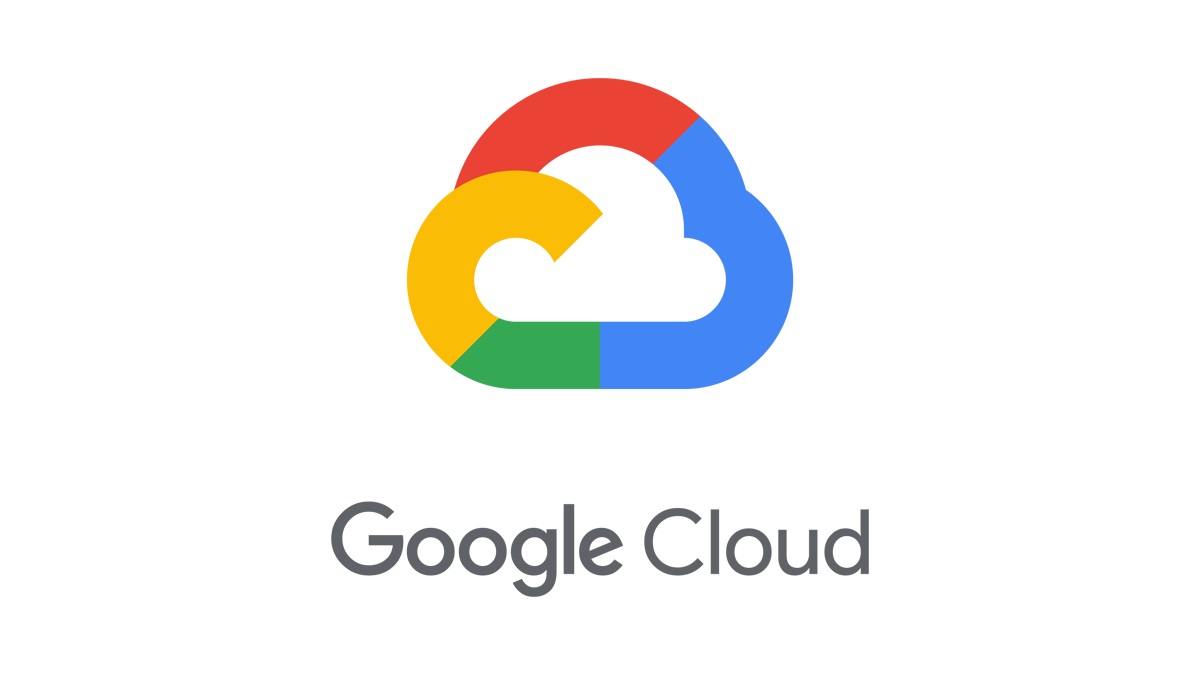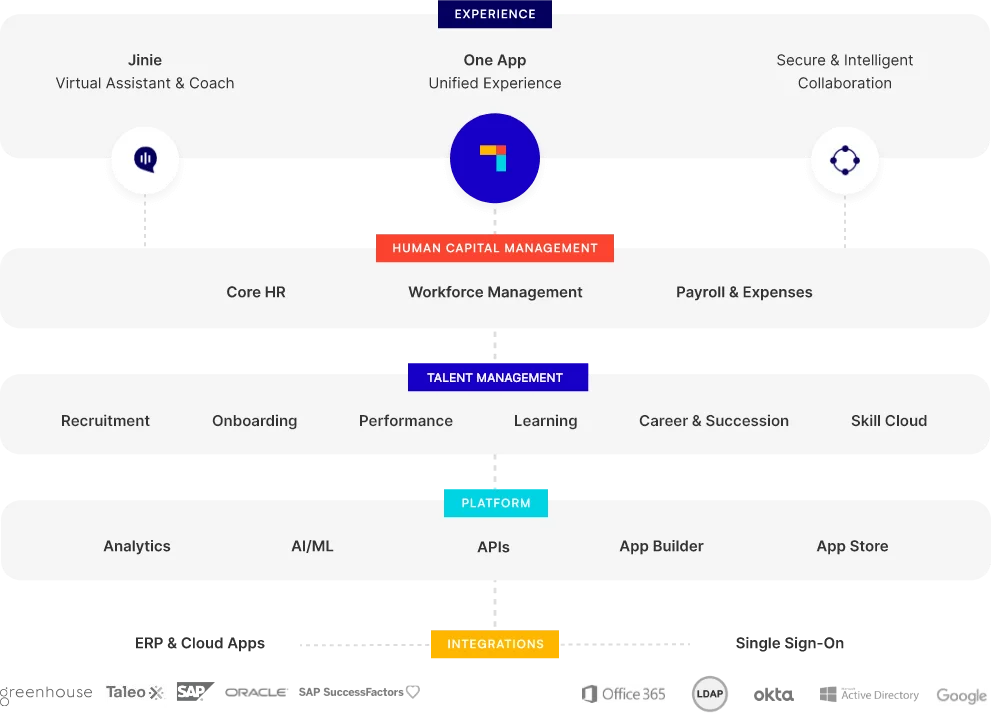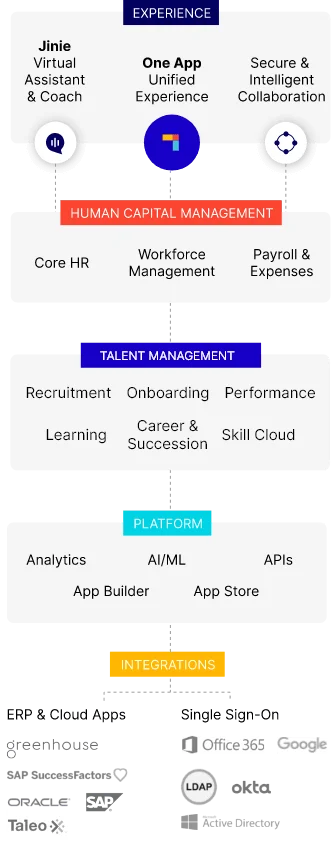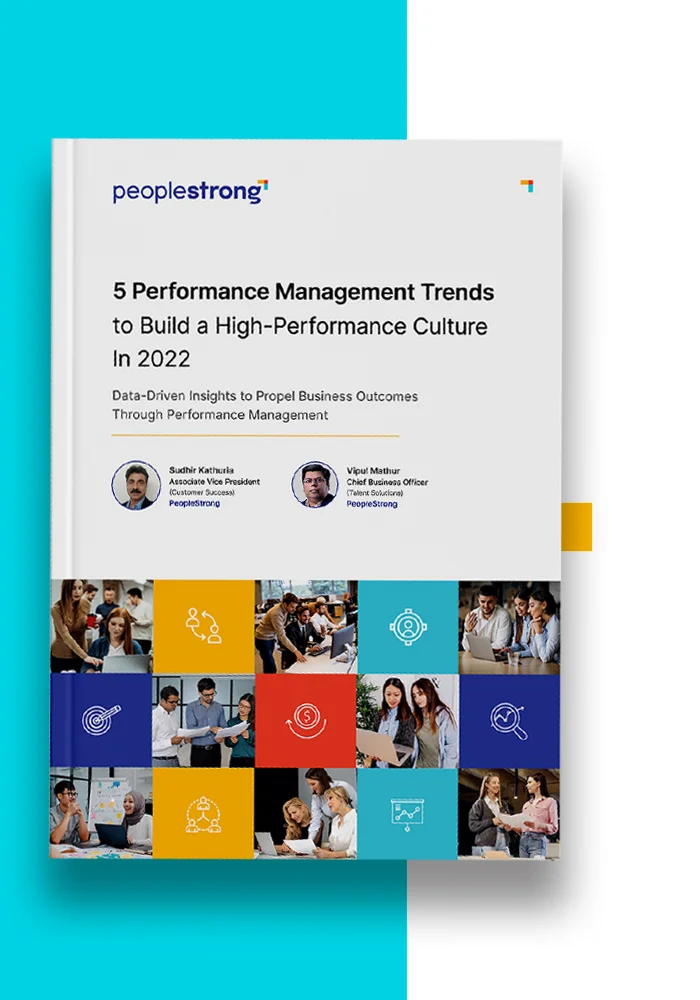Net Promotor score (NPS) is a client satisfaction index measured by asking how likely are they to recommend your product to others. Over the years NPS has gained tremendous acceptance and popularity across multiple business, more so in enterprise SaaS. Here we look at key aspects of NPS and why does it matter in your HR Tech decision making
What is NPS?
Any business that cares about how customers feel about using their product or service will measure NPS. This is a single number that indicates how powerful and trustworthy your product and brand are. Many organizations use this to rally the entire organization around improving the NPS year on year by focusing on things that matter to their customers.
Since NPS scores vary in the range of -100 to +100, we can safely say that anything below 0 is a cause of concern. A score between 0 to 30 would indicate that the product or service is appreciated however there is some room for improvement. Between 30-70 you are on the journey to build a great product and indicates strong relationship and high references of your product or service. Above 70 means customers just simply love you and there is a lot of positive word of mouth that is auto generating for your company.
Typically, enterprise software and SaaS tend to be in the 30-70 range with a score above 50 considered a great score in the B2B SaaS context.
In the NPS survey conducted by PeopleStrong, our users rated us 51, with 63% of the users are highly likely to recommend PeopleStrong to other users.
Following this feedback, we added many changed to the product that would elevate the user experience and truly delight.
How does NPS help
Customer Retention and Growth
Higher NPS automatically means lot of customers are happy with your product which makes them stick around. This means the company with higher NPS is likely to continue to grow and build on this positive reputation. Higher NPS also indicates the company has some process to focus on the customer cutting across organizational silos that results into a higher NPS.
Simplicity and Reliability
Typically, companies that get high NPS scores will likely have simplicity and reliability in their products. These are fundamental to client expectations in today’s world and companies that achieve this can get a thumping vote of confidence from their customers.
Just look at the NPS scores of companies like Tesla, Netflix, Amazon and Starbucks and you would know what we are talking about here. (Yes, all these companies score in the high 60’s on their NPS). These companies not just focus on innovation but ensure their innovative products are delivered in a simple and reliable manner.
Remember its SaaS
In enterprise SaaS environment, building a simple and reliable product is one thing, but delivering a stellar service experience while implementing and supporting the product is quite another.
Companies with higher NPS typically are equally focused on their Software and the Service (The first and the last S in SaaS). This is a tight rope walk and companies that care enough to invest on both ends are surely to come out a winner.
Conclusion
In a nutshell, one look at your potential HR Tech SaaS partner’s NPS and you would know a lot more than looking at any other number. The NPS score of your potential partner will serve as a critical litmus test of how they build their products, how focused are they on building their service and hence how serious are they about their business.
When you are investing in technology to deliver consistent business results over a sustained period, you want to select the right partner which has the necessary intent and ability to pull this through.
Do you need a partner that has an NPS score above 50? Are you looking for one of the best HR technology solution in India? Talk to us.

